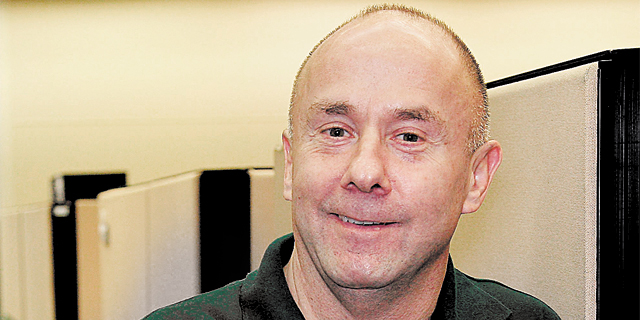
Extension of Panasonic Deal Boosts Tower Semiconductor on Nasdaq
The Israel-based company saw its stock depreciate by over 50% since the beginning of 2018, and its net profit cut by around 55% between 2017 and 2018 despite a boost in revenues
Lilach Baumer | 11:51, 27.03.19
On Tuesday, Israel-based wireless chip and camera sensors manufacturer Tower Semiconductor Ltd. announced it has extended its partnership with Panasonic Semiconductor Solutions Co. Ltd. by three years, until 2022. The two companies are joint owners of TowerJazz Panasonic Semiconductor Company, which operates three semiconductor manufacturing facilities in Japan that Panasonic makes use of under the agreement.
For daily updates, subscribe to our newsletter by clicking here.
The announcement led Tower to close 3.26% up on Nasdaq Tuesday. The company's stock has depreciated by over 50% since the beginning of 2018. The company has seen a mild increase in January and February before its full-year reports stalled the stock. In February, Tower published its fourth quarter and full year reports for the fiscal year 2018, announcing revenues of $1.3 billion (down from $1.387 billion in 2017), but a cut of almost 55% to its net profit between 2017 and 2018, $298 million versus $135.6 million.
No Comments Add Comment